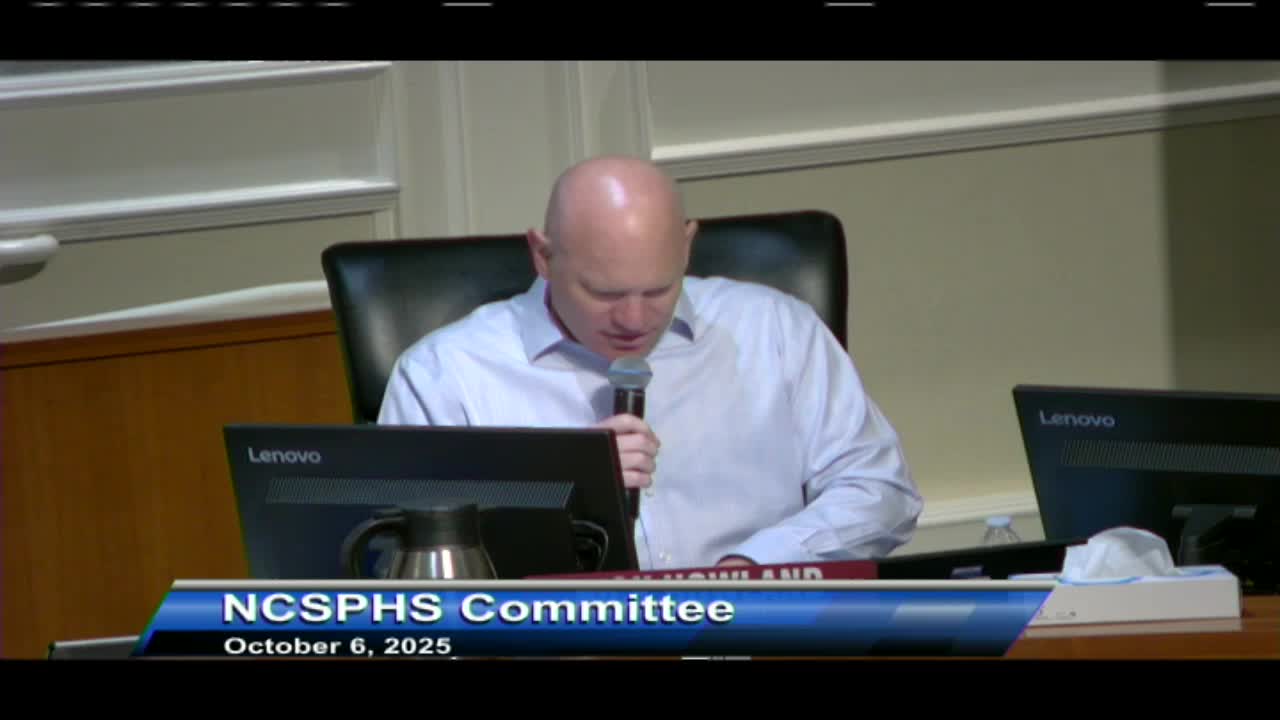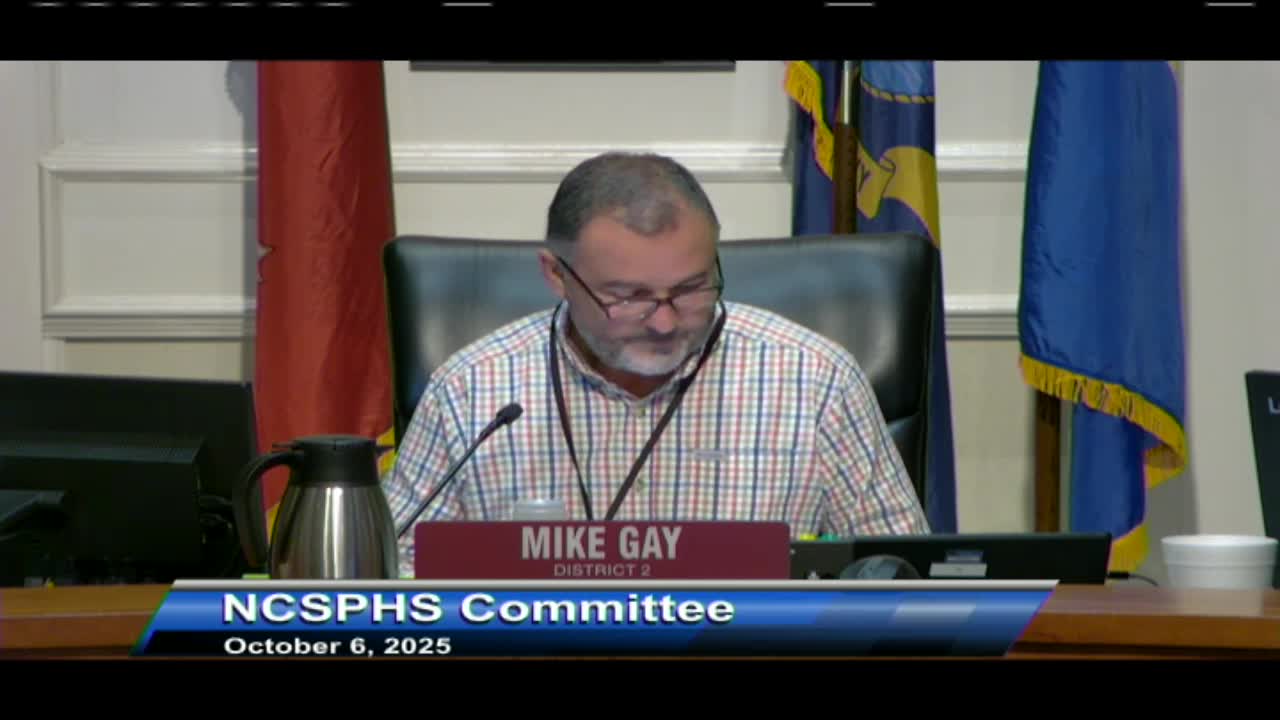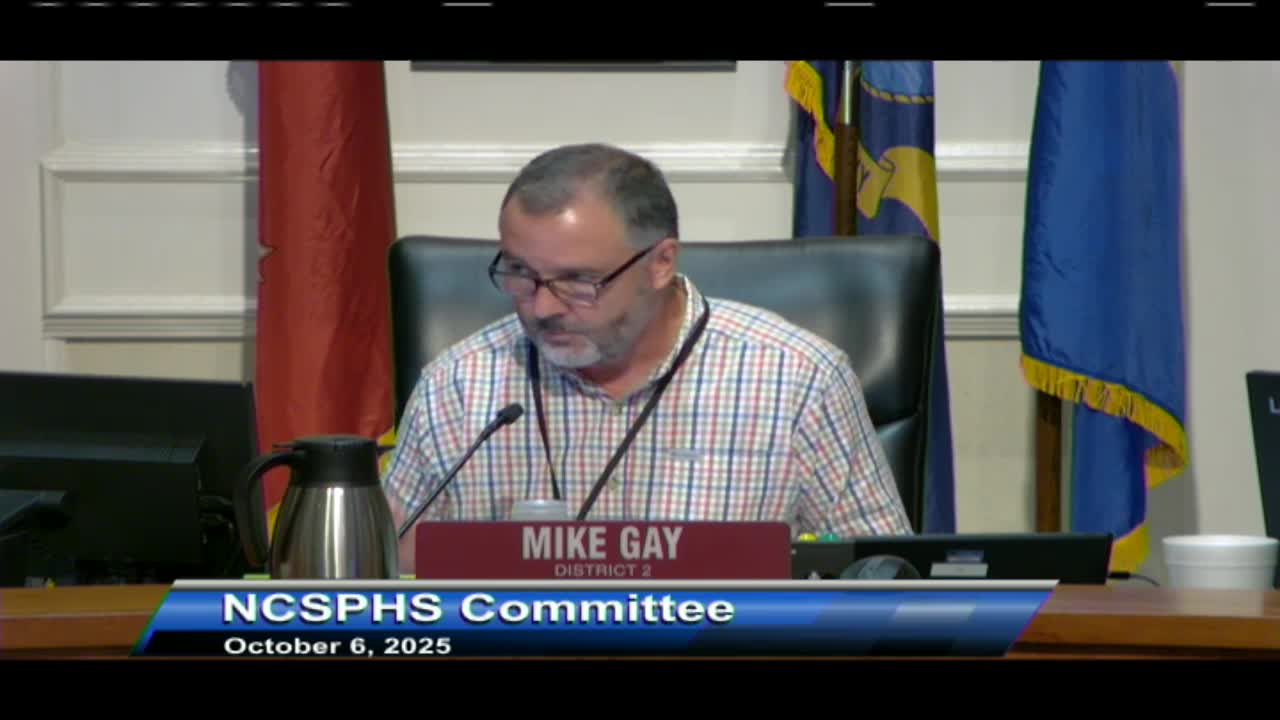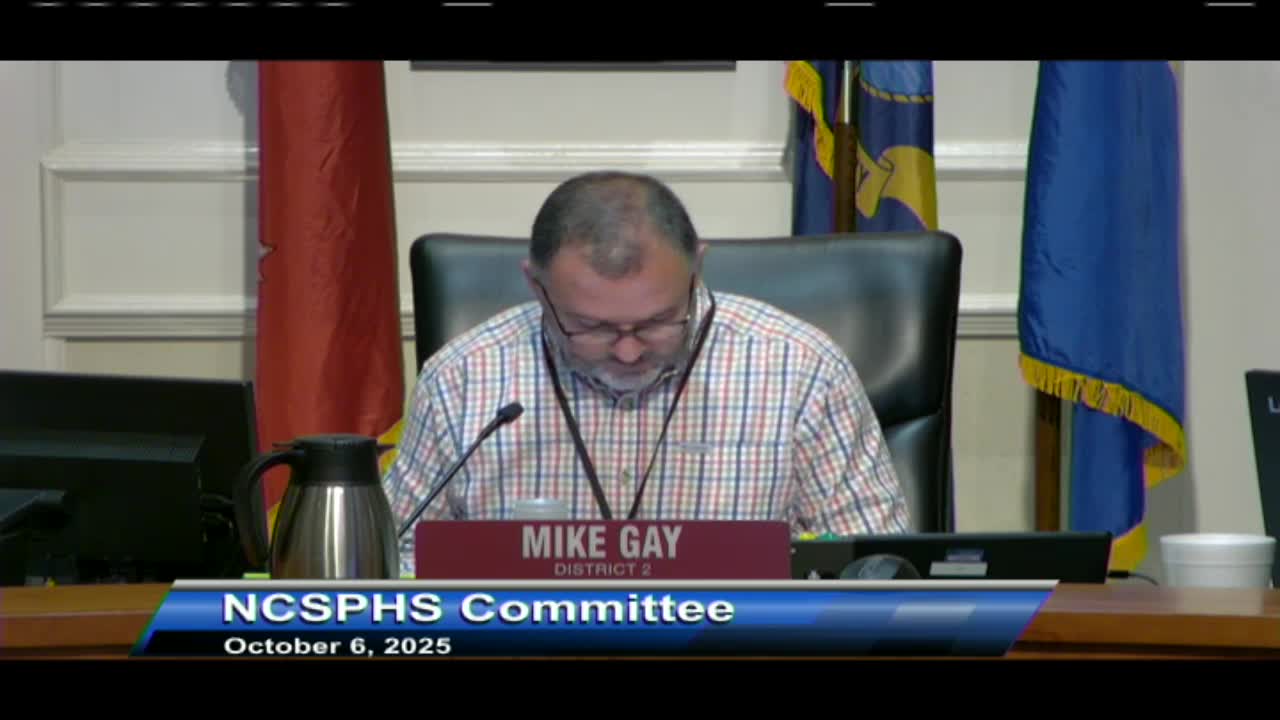Article not found
This article is no longer available. But don't worry—we've gathered other articles that discuss the same topic.

Council committee approves charter changes with Jacksonville Aviation Authority to fast-track aerospace work at Cecil Field

Committee advances measure letting Duval County School Board hire its own general counsel amid debate over consolidation

Committee approves three-year Waste Pro contract extension with community investment and technology review provisions

